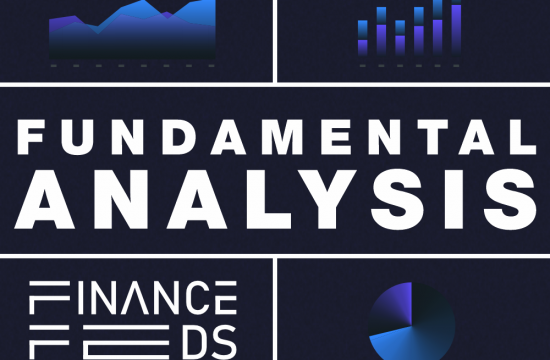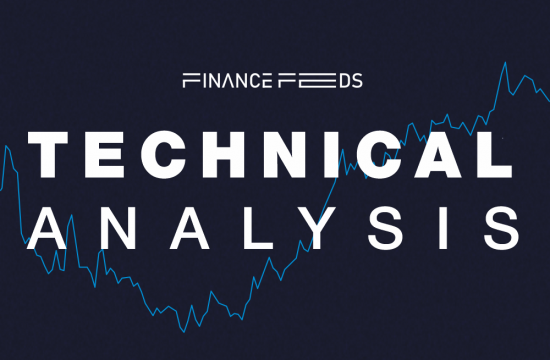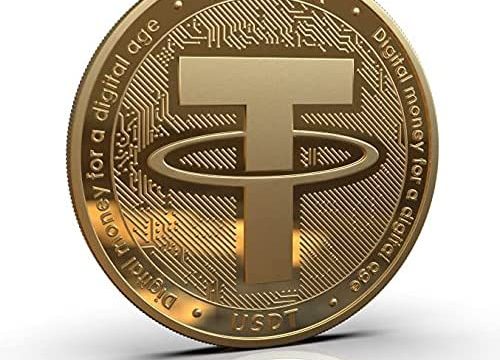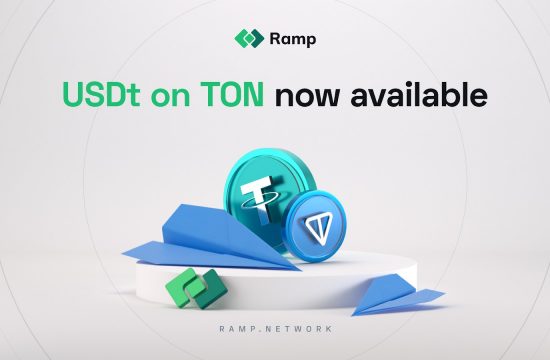The Australian Securities and Investments Commission (ASIC) has sued Block Earner for allegedly providing unlicensed financial services in relation to its crypto-asset based products and allegedly operating an unregistered managed investment scheme. ASIC commenced civil penalty proceedings in the Federal Court against the fintech company which offered a range of fixed-yield earning products based on […]

The Australian Securities and Investments Commission (ASIC) has sued Block Earner for allegedly providing unlicensed financial services in relation to its crypto-asset based products and allegedly operating an unregistered managed investment scheme.
ASIC commenced civil penalty proceedings in the Federal Court against the fintech company which offered a range of fixed-yield earning products based on crypto-assets under the names USD Earner, Gold Earner, and Crypto Earner (collectively, the Earner Products).
According to the Australian financial watchdog, the Earner Products were financial products that should have been licensed because the products were a managed investment scheme, a facility through which a person makes a financial investment, and/or a derivative.
ASIC concerned that investors don’t understand risks of crypto-assets
“We are concerned that Block Earner offered financial products without appropriate registration or an Australian Financial Services licence, leaving consumers without important protections. Simply because a product hinges on a crypto-asset, does not mean it falls outside financial services law”, said ASIC Deputy Chair Sarah Court. “ASIC is aware that many consumers are interested in purchasing or investing in crypto-assets. Crypto-assets are risky, inherently volatile and complex and ASIC remains concerned that potential investors in crypto-assets may not fully appreciate the risks involved. ASIC supports the development of an effective regulatory framework covering crypto-assets to protect consumers and investors.”
Block Earner is an AUSTRAC-registered digital currency exchange that does not hold an AFS licence. The platform has been an authorised representative of Flash Partners Pty Ltd since 1 August 2022, which does not relate to the Earner Product.
ASIC recommended entities providing services in relation to crypto-asset-related products to learn when their products are financial products. A range of Australian laws apply to entities giving advice, dealing, providing insurance, or providing other intermediary services for crypto-assets that are financial products. These include the requirement to hold an AFS licence or appropriate authorisation by an AFS licence holder.
ASIC ordered Holon to review risk related to crypto funds
In October, the Australian regulator ordered Holon Investments Australia Limited (Holon) to stop issuing interests in, giving a product disclosure statement for, or providing general advice to retail clients recommending investments in the three crypto funds directed at retail investors.
According to ASIC, Holon was dealt an interim stop order to suspend its offer and distribution of these funds to retail investors because of non-compliant target market determinations (TMDs).
The order is valid for 21 days unless revoked earlier and the funds included in the interim stop order are:
- Holon Bitcoin Fund ARSN 659 090 294
- Holon Ethereum Fund ARSN 659 090 516, and
- Holon Filecoin Fund ARSN 659 090 614 (together, the Funds).
ASIC said it acted to protect retail investors from potentially investing in funds that may not be suitable for their financial objectives, situation, or needs.
The abovementioned funds are invested in an individual crypto-asset – bitcoin, ether and Filecoin, which are are highly volatile and complex, making concentrated investments in individual crypto-assets very risky and speculative.
In its product disclosure statements, Holon has disclosed the risk that assets in the Funds could face a total loss of value. Still, ASIC is concerned that Holon has not appropriately considered the features and risks of the Funds in determining their target markets.
ASIC considers that the Funds are not suited to the wide target market defined in the TMDs, which includes investors:
- with a potentially medium, high or very high risk and return profile; and
- intending to use the fund as a satellite component (up to 25%) of their investment portfolio; and
- intending to use the fund as a solution/standalone component (75-100%) of their investment portfolio.
The financial watchdog called Holon to take immediate steps to ensure compliance otherwise it will place final stop orders on the funds.
The design and distribution obligations (DDO) requires firms to design financial products that meet the needs of consumers, and to distribute those products in a targeted manner. An important requirement under DDO, a TMD is a mandatory public document that sets out the class of consumers a financial product is likely to be appropriate for (target market) and matters relevant to the product’s distribution and review.










